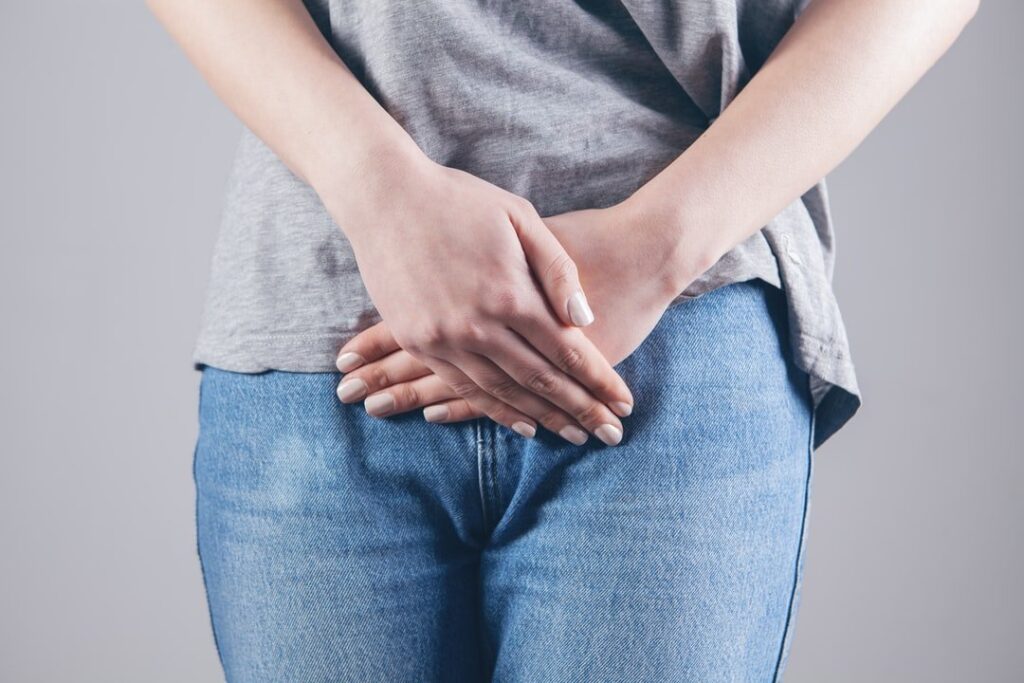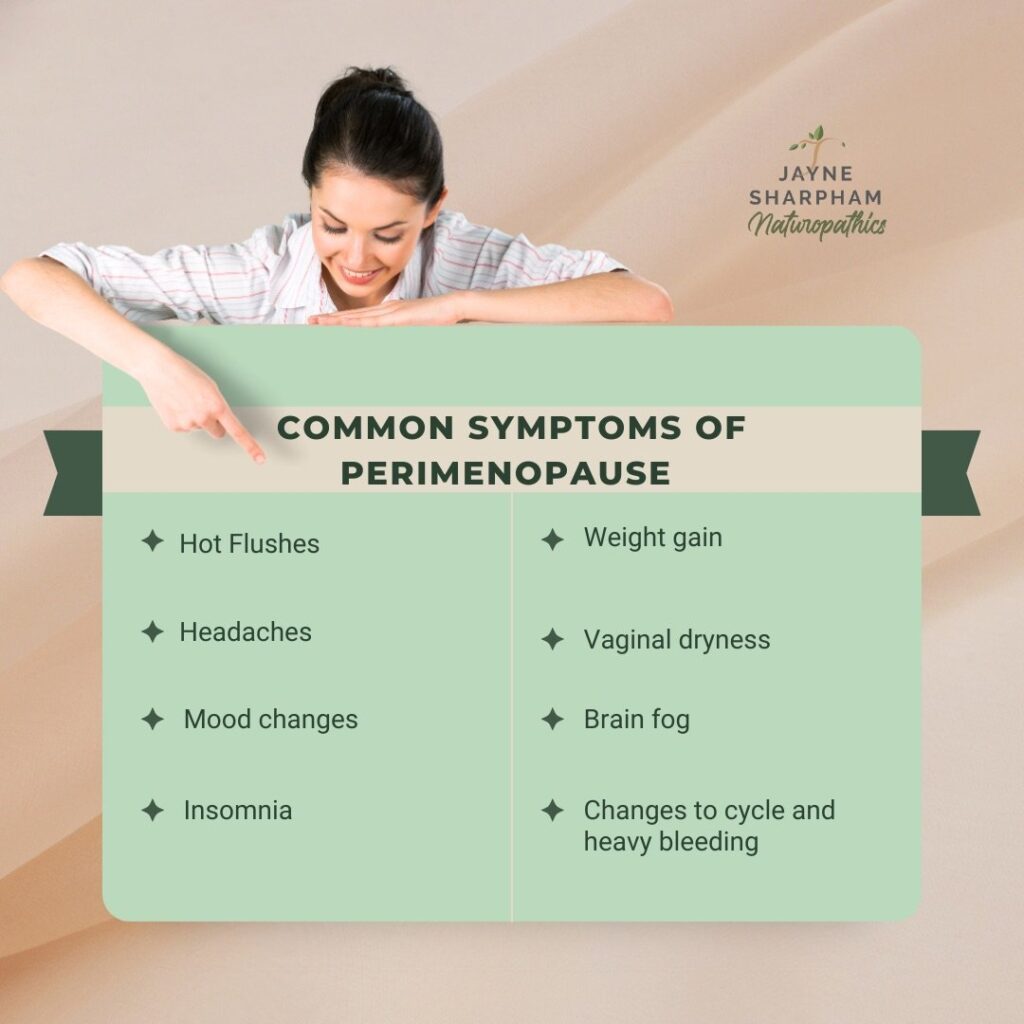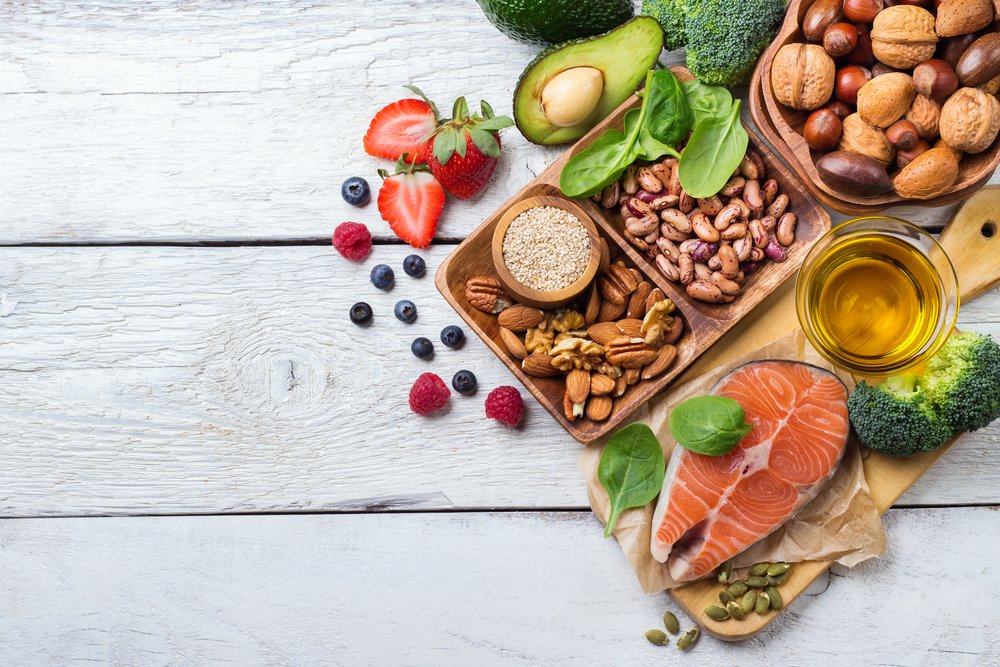Woman’s stress and common hormone presentations

A quick guide to common problems seen in clinic and ways we can help ourselves to optimise our hormones…
I was recently asked to speak at a ladies dinner in the local town of Quirindi about women’s hormones. I was asked to speak for 10 minutes. That is huge topic to cover in 10 minutes but I didn’t want to pass up the opportunity so I took the task on board. Below is a summary from my talk:
As women we are amazing. Women have amazing strength and endurance. There are so many things to celebrate about being a woman. This includes our amazing bodies and the way that our hormones influence them. But hormones can also go out of whack, which can have huge implications for a women’s cycle, her mood and life. I am always amazed at how many women just think it’s normal to have irregular cycles, or to have monthly pain.
You may be experiencing PMS, heavy periods, infertility, PCOS, endometriosis, out of control menopause, you may be on the pill, or on HRT. You may feel out of control each month with mood swings, or you may be experiencing terrible sugar cravings. So while all these symptoms or conditions are common, they are not normal. They are a sign that something is out of balance and it most likely involves our androgens (DHEA, testosterone), oestrogen and progesterone. Regulator hormones such as thyroid, cortisol, SHBG, FSH, LH and prolactin may also may a role.
I am not going to have time to cover in depth every single one of those conditions, but I thought I would take some time to write about some common co-factors I see in my clinic and about the role of stress and adrenal health for women. As you will learn, these are actually linked. I will also mention briefly a few nutrients and diet factors that may help .
The most common scenarios I see in practice are:
Low progesterone. Low progesterone will make us cranky, tired, reduce libido, change our cycle length, make us feel bloated.
Raised or fluctuating oestrogen and the inability to metabolise it correctly. This can lead to bloating, fluid retention, sore and swollen breasts and mood swings. It can also upset the thyroid gland.
Women that are stressed out of their brains and who may be struggling with overwhelm or anxiety, and their adrenal health is compromised and thus they end up tired, and their hormone balance is affected.
I just want to take a few moments to talk about stress and the effect it has on our hormones as women. Stress directly reduces our brain’s pituitary gland signalling to our ovaries which leads to fewer ovulation cycles. As we know, we need ovulation to make healthy hormones.
Stress increases cortisol. Whilst this is a good thing short term, for example to get us through danger or infection, it can be damaging to our systems when we have large amounts of cortisol day in, and day out with chronic stress. This can contribute to a reduction in ovulation and lead to dysregulation of the adrenal system.
Destress when you are able- try and make it a priority- I see too many burnt out ladies in my clinic. You are no good to anyone as burnt out version of yourself. Your health needs to be a priority.
What do my adrenal glands have to do with my hormones?
Excessive demands on adrenal cortisol due to high stress will eventually begin to impair the adrenal gland’s ability to provide steroid hormones to body. The diagram above details circulating steroid hormone pool. In midlife and in post menopause, our hormone levels depend on healthy adrenal glands, as these glands are equally as important and sometimes more important than our ovaries to our hormone pool.
For the first half of the menstrual cycle, oestrogen is the dominant hormone, laying down the lining of the uterus. After ovulation takes place around day 14 of the cycle, progesterone is designed to be the dominant hormone. However, with the challenges and pace of many of our lives, the balance between oestrogen and progesterone is easily disturbed. When this happens, oestrogen tends to dominate in the days leading up to our periods which can affect how we feel and function.
As we transition through menopause, the ovarian production of hormones slows down, and eventually ceases. It’s then predominantly up to the adrenal glands to meet our body’s need for progesterone. These hormone levels can begin to change in our 40’s and this is what we call peri menopause.
Easing menopause often lies in supporting the adrenals, so they can effectively produce progesterone, and by enhancing liver detoxification pathways and gut function to help the body eliminate older hormones.
So what can we do about it?
How can I raise/optimise progesterone?
In a women who is still menstruating- by optimising ovulation. We can use nutrients such as b6, magnesium, zinc, selenium. Good news is magnesium can reduce sugar cravings.
Please do not exceed 4 drinks of alcohol per week as alcohol can interfere with progesterone’s soothing effect.
Reduce stress- adrenaline directly blocks progesterone receptors and depletes GABA- a calming brain neurotransmitter. It does not have to be hard- take 30 mins a few times a week to destress- reading a book, a walk, or a massage, yoga etc.
In my clinic I may use specific herbs.
How can I improve oestrogen and aid its clearance from my body?
There are two ways we move oestrogen from our bodies. The first step occurs in the liver and the second step occurs in our bowel. So the health of both of these organs is vital to healthy oestrogen clearance.
Our aim here is to ensure we are making adequate oestrogen, that it is balanced with progesterone and that it is clearing correctly from the body.
Reduce alcohol. Just 2 drinks a day can double your exposure to oestrogen.
Maintain a healthy body weight as body fat can make oestrogen
Ensure gut bacteria is balanced – perhaps consider a probiotic and eat fermented foods.
Avoiding excessive plastics, heating in plastic, pesticides.
Eating phyto-estrogens- see diet hints below
Ensure iodine levels are adequate (tested using urine)
How can I look after my adrenals?
Support the body with adequate protein, complex carbs, and the right balance of exercise.
Ensure blood sugar is regulated correctly
Control inflammation in the body-reduce inflammatory foods include sugar, wheat and cow’s dairy.
Schedule time out.
I may use high dose B vitamins, C and adrenal support herbs, magnesium and taurine in my clinic.
So in summary, you can see that we need to support progesterone levels in our bodies, we need to ensure we are balancing out our oestrogen levels and clearing oestrogen correctly from the body. We really need to understand the link between our adrenal health and our stress response and its impact on our hormones. I suggest making small changes in your diet and trying to do some of the suggestions below. It is important to remember that if you are on medication please speak to your medical practitioner before adding in any supplements. I encourage you to seek further help if you are struggling with your hormones.
Take home points:
Potent foods for optimising hormones:
Selenium rich foods- brazil nuts, organ meats, seafood, salmon.
Phyto-estrogens-these are beneficial as they weakly bind to your oestrogen receptor sites and help to buffer you from the ups and downs of stronger oestrogens (known as estradiol). Legumes, flaxseed, wholegrains, sprouts .
Cruciferous vegies like broccoli, cauliflower aid oestrogen clearance in the body. Avoid eating in large raw quantities if you have an existing underactive thyroid.
Zinc rich foods- some red meat, nuts, oysters
Omega 3 foods- salmon, walnuts, fish, tuna, chia seed
Feed the gut microbiome with berries, fibre foods, linseed meal, psyllium husk, whole grains, green leafy vegies, and fermented foods and consider taking a probiotic.
Testing hormones can be done using blood or saliva. Sometimes bioidentical hormones are needed and these can be prescribed via a good integrative doctor. Its important to have testing done on day 21 of your cycle, if you still have one. Hormones such as SHBG, prolactin, LH, FSH may also need to be tested, depending on what symptoms you are experiencing.
Summary:
Eat the foods listed above regularly. Reduce inflammatory foods such as sugar and processed foods.
Listen to your body
De-stress when you are able- try and make it a priority.
Have regular checks with your healthcare professional.
Reduce alcohol
Ensure your thyroid is checked adequately and also have your iodine levels tested.
Perhaps consider a magnesium supplement, B complex supplement and a zinc supplement 30mg daily.
Disclaimer:
The information provided in this blog post is intended to be general information only and not specific health advice or treatment. Always seek the advice of your registered health care provider with any questions or before beginning supplements .
If you or someone you know needs help for any mental/ emotional concerns call Lifeline on 13 11 14, Anglicare Northern Inland, Tamworth on 67018200 or Beyond Blue 1300224636.
References and further reading:
Images via google images.
http://banksnutrition.com/hormone-imbalance/
Briden L., Period Repair Manual, 2nd Edition, Lara Briden, 2017
Arthur. R., Advanced Sex Hormone Assessment Master Diagnoses Notes, 2015.
Weaver. L., Women’s Wellness Wisdom: What Every woman needs to know, Little Green Frog Publishing Pty Limited, 2016







Responses